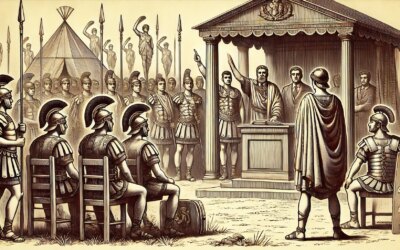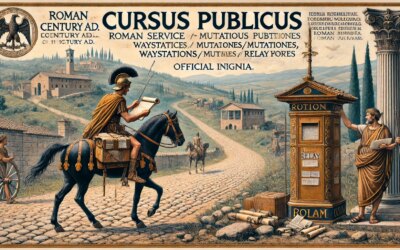Introduction: The Emperor of Quiet Power
In an age often remembered for dramatic conquests and imperial decadence, the reign of Antoninus Pius (138–161 AD) offers a compelling contrast. Over his 23 years on the throne, Antoninus never left Italy, waged no major wars, and focused his energies on law, infrastructure, and governance. His leadership embodied stability, compassion, and administrative excellence—attributes most clearly expressed in his reforms to the Roman legal system.
A Quiet Ascent to Power
Born into a noble family in Lanuvium in 86 AD, Antoninus was adopted by Emperor Hadrian, who bypassed more popular choices to ensure a stable succession. Upon Hadrian’s death, Antoninus became emperor on the condition that he would adopt Marcus Aurelius, thus securing a generational transition. With this act, the Nerva-Antonine dynasty reached its most harmonious phase—a dynasty now often regarded as Rome’s most enlightened era.
The Legal Mind of Antoninus
Antoninus Pius earned his name “Pius” not for religious devotion, but for his loyalty to Hadrian and for his consistent support of fairness in governance. He presided over legal proceedings in Rome with precision and patience, often hearing cases himself or through trusted magistrates. Unlike his predecessors who relished the spectacle of power, Antoninus favored rational argument and judicial prudence.
Judicial Reforms and Equity
Antoninus expanded the use of the rescripta—imperial written responses to legal questions—which clarified Roman law across the provinces. He granted more legal rights to slaves and women, intervened in guardianship abuses, and ensured consistency in inheritance and property law. These were not radical innovations, but refinements that strengthened the integrity of Roman jurisprudence and won admiration from later jurists.
Infrastructure and the Civic Realm
Beyond law, Antoninus invested heavily in infrastructure, particularly aqueducts, roads, and schools. His reign saw the expansion of judicial and civic buildings, including those used for local courts across the empire. In Rome, the Forum’s administrative functions were refined, making it a center of legal and civic life where the emperor’s influence was felt daily, even in his absence.
Pax Romana Perfected
Antoninus’ peaceful reign was the apex of the Pax Romana. He faced no major external threats, relying on diplomacy, frontier fortifications, and economic strength to maintain stability. His strategy—often derided by later critics as too passive—ensured that the empire thrived without draining its resources or lives through warfare. His approach to governance emphasized harmony over heroics, continuity over conquest.
Death and the Legacy of Tranquility
Antoninus died in 161 AD, reportedly after dining with friends and requesting the Empire’s welfare as his final thought. His succession plan worked: Marcus Aurelius and Lucius Verus assumed power peacefully. Historians such as Edward Gibbon later viewed his reign as part of “the happiest and most prosperous” time in human history. Yet because of its lack of drama, his rule is often overshadowed by more turbulent emperors.
Conclusion: Justice as Strength
In 150 AD, as Antoninus Pius sat upon the marble tribunal in Rome’s forum, he represented more than imperial power—he symbolized the quiet strength of lawful governance. His reign reminds us that greatness in leadership can be measured not by wars won, but by justice rendered, peace preserved, and prosperity shared. In an age of emperors remembered for excess or expansion, Antoninus remains the model of benevolent rule—a judge more than a general, and a ruler for the people rather than over them.






